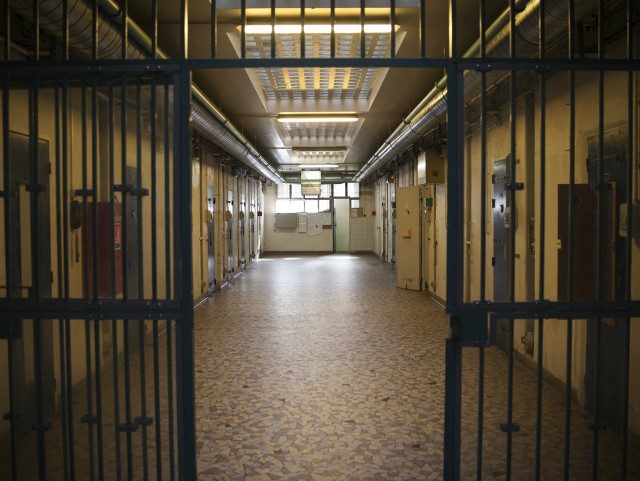The NGO Human Rights Watch demanded the “immediate and unconditional release” this week of a Venezuelan man arbitrarily detained for tweeting socialist dictator Nicolás Maduro’s travel plans.
In a statement, the director of Human Rights Watch’s Americas division José Miguel Vivanco detailed some of the abuses Pedro Jaimes Criollo has already been subject to, which include forcing him to give them private information, physically assaulting him, and denying him the opportunity to speak to his attorney.
“He has not been allowed to speak to his family or lawyers from the nongovernmental group Espacio Público, who are trying to get the court to recognize them as Jaimes’ attorneys,” he wrote. “A credible source confirmed to Human Rights Watch that intelligence agents beat Jaimes to force him to give away his social media passwords, breaking his rib, and that they refused to take him to a doctor or provide pain relief medication. Jaimes has since fainted several times, is in pain, and has difficulty sleeping, the source said.”
Vivanco went on to blame the director of the Bolivarian Service of National Intelligence (SEBIN) and intelligence services for the alleged crimes.
“Venezuelan intelligence services, including SEBIN director, General Gustavo González López, are responsible for Jaimes’ arbitrary arrest, the abuses he suffered while in detention, and the repeated failure to bring him before the court for a judicial hearing in which a judge may order his release,” he noted.
“If SEBIN agents fail to bring Jaimes before the court on July 25, when his preliminary hearing is scheduled to take place, they will compound their responsibility for the human rights violations they will eventually be held accountable for,” he continued.
Such cases have become commonplace in Venezuela under the Maduro regime, which has cracked down on opposition activists after successfully turning the country into an authoritarian dictatorship. Hundreds of peaceful political dissidents have been detained and many are subject to terrible conditions and abuse at the hands of pro-government intelligence services.
Last November, Maduro’s United Socialist Party of Venezuela (PSUV) passed a law “against hatred and fascism” designed to silence those critical of his regime. Before that, Maduro declared on national television that he would like to sentence opposition members to 30-year prison sentences for posting negative comments about him on Twitter.
“They went crazy on Twitter. Even with just the tweets that they published is good enough to stick all of them in prison for 30 years,” Maduro said of opposition reaction to his plans to rewrite the Venezuelan constitution. “I am not a dictator, but sometimes I feel like becoming one against those sons of guns.”
A report by the United Nations Human Rights Commission last year found “extensive violations of human rights” in the country, pointing to “mounting levels of repression of political dissent by national security forces, and increasing stigmatization and persecution of people perceived as opposing the Government of President Maduro.”

COMMENTS
Please let us know if you're having issues with commenting.